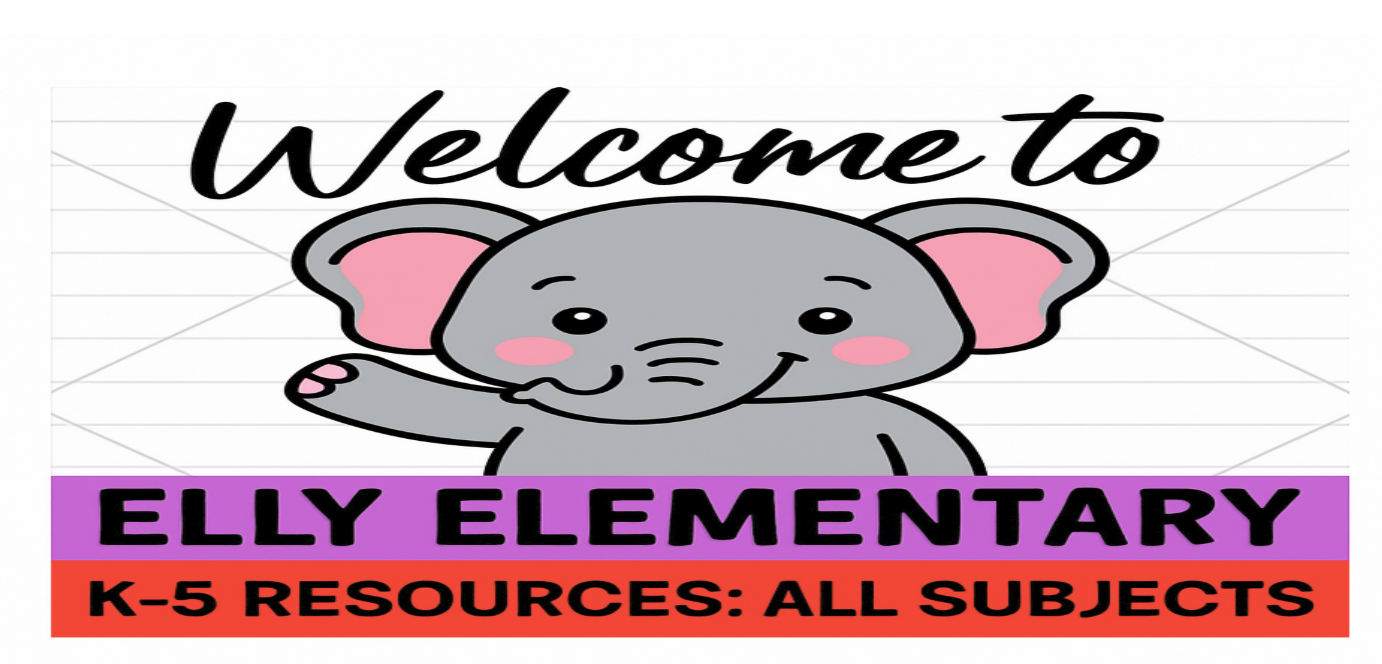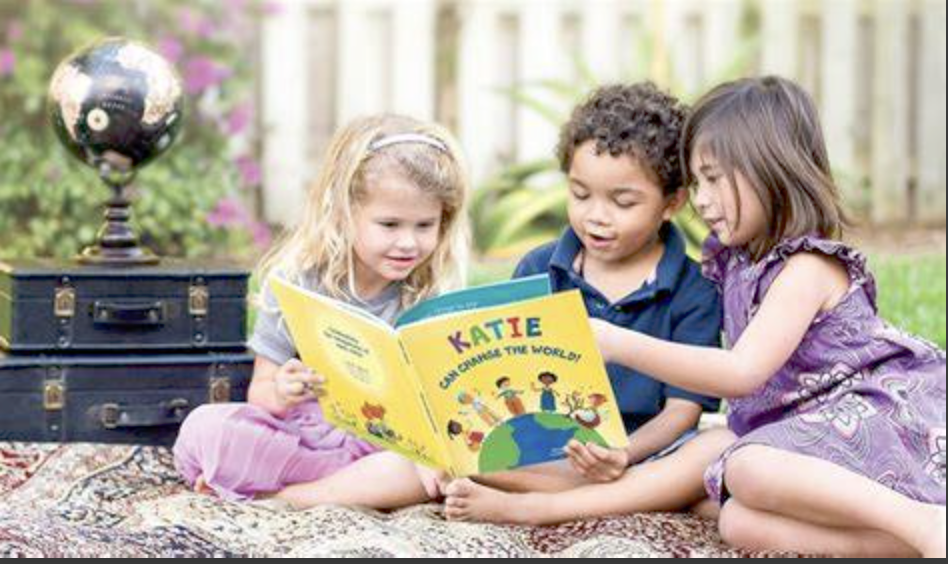Having a successful author study in your class can be a rewarding and enriching experience for both you and your students. Here are some steps and tips to make the most out of your author study:
- Choose the Right Author: Select an author whose works are relevant and engaging for your students. Consider their age group, interests, and reading levels. You can also choose an author whose writing style aligns with your curriculum objectives.
- Introduce the Author: Begin the study by introducing the author to your students. Share some background information about the author's life, inspiration, and writing journey. This will help create a connection between the students and the author's works.
- Read and Analyze Works: Have the students read a selection of the author's works. Depending on the length and complexity of the works, you can choose one or several pieces for them to study. Encourage active reading by asking students to take notes, highlight important passages, and jot down their thoughts and questions.
- Group Discussions: Organize group discussions about the author's works. Encourage students to share their insights, interpretations, and opinions. Use open-ended questions to promote critical thinking and analysis.
- Creative Projects: Engage the students with creative projects related to the author's works. For example, they can write alternative endings, create character profiles, design book covers, or even write fan fiction. This allows students to explore their creativity while deepening their understanding of the author's writing.
- Guest Speakers: If possible, try to invite local authors or literature experts to speak to the class about the author's works or the writing process. This can provide valuable insights and inspiration to the students.
- Field Trip or Virtual Tours: If there are any relevant locations associated with the author's life or settings from their books, consider organizing a field trip or virtual tour to enhance the students' connection with the material.
- Author's Style and Themes: Help students identify the author's unique writing style, recurring themes, and literary devices. Discuss how these elements contribute to the overall impact of the works.
- Comparative Analysis: Encourage students to compare the author's works with other pieces of literature they've read. This can help them develop a broader understanding of different writing styles and themes.
- Author's Impact: Discuss the author's impact on literature and society. Talk about how their works have influenced other writers and readers.
- Culminating Event: Plan a culminating event to celebrate the completion of the author study. This could be a presentation of their creative projects, a book fair featuring the author's works, or a literary-themed party.
- Reflection: At the end of the study, have students reflect on what they have learned and how the author's works have affected them personally. You can use writing prompts or class discussions for this purpose.
Remember, a successful author study is not just about memorizing facts but fostering a love for literature, encouraging critical thinking, and providing a platform for creative expression.
Check out my Author Study resources:
Most of all have fun sharing books you love with your students!



Comments ()